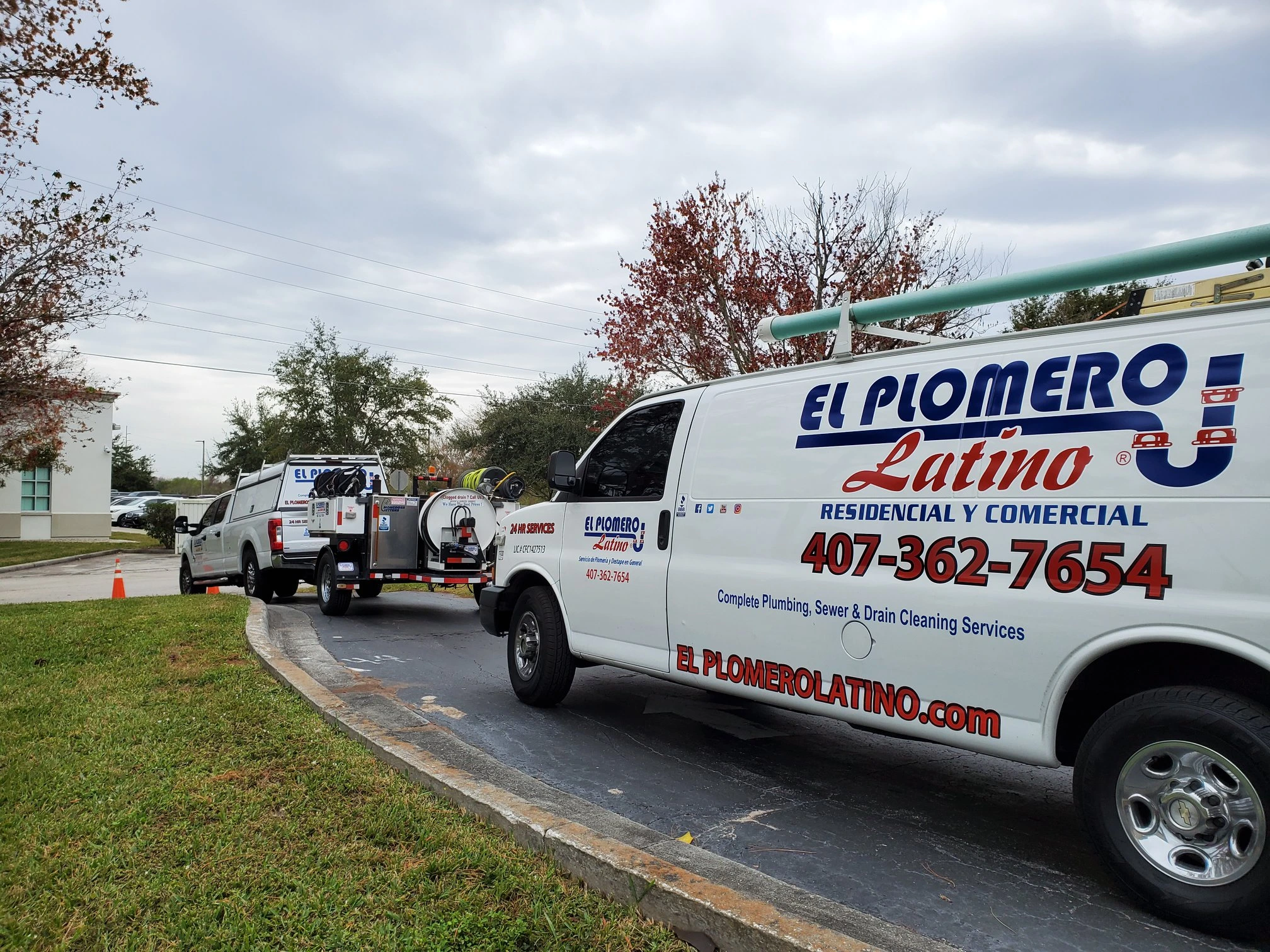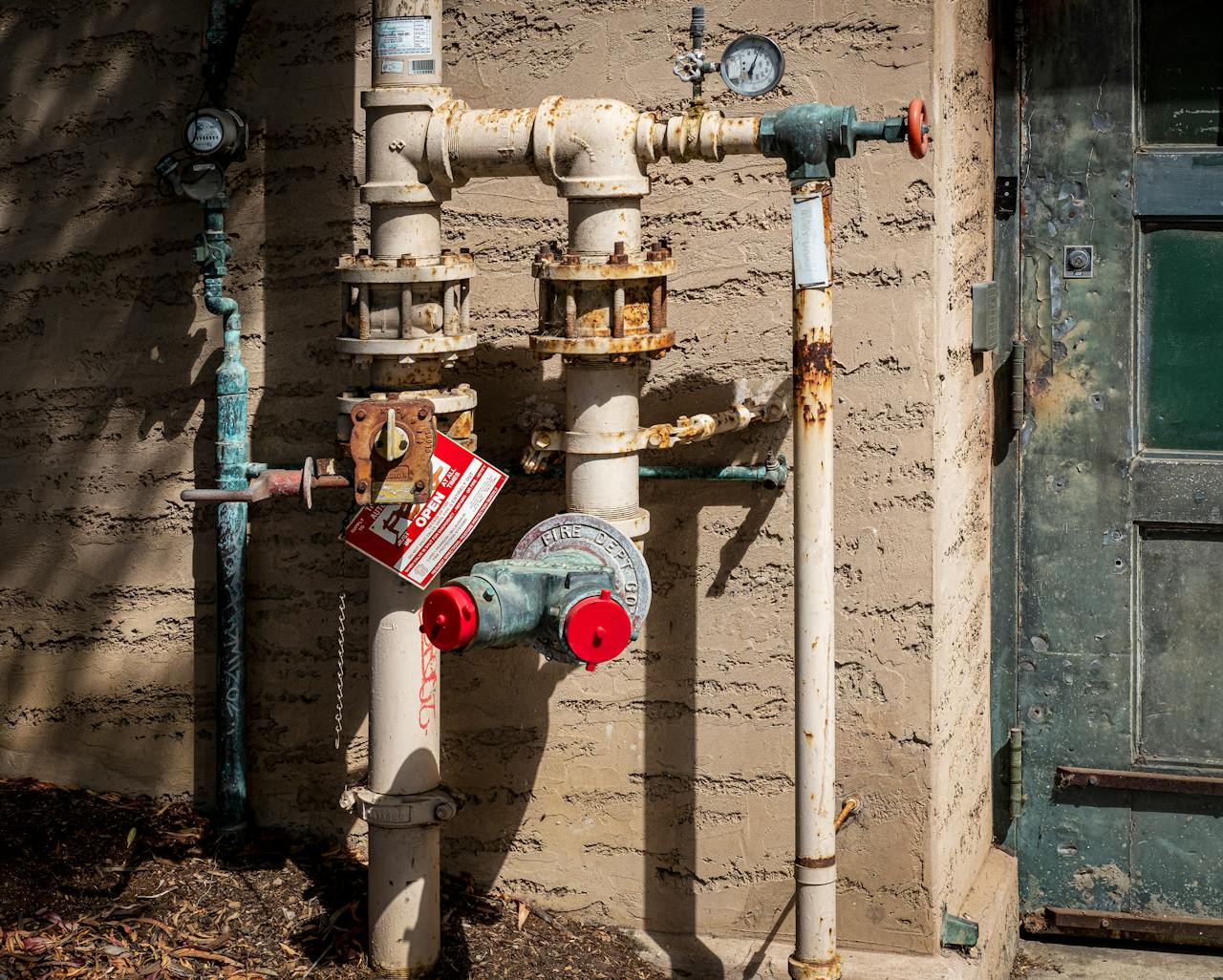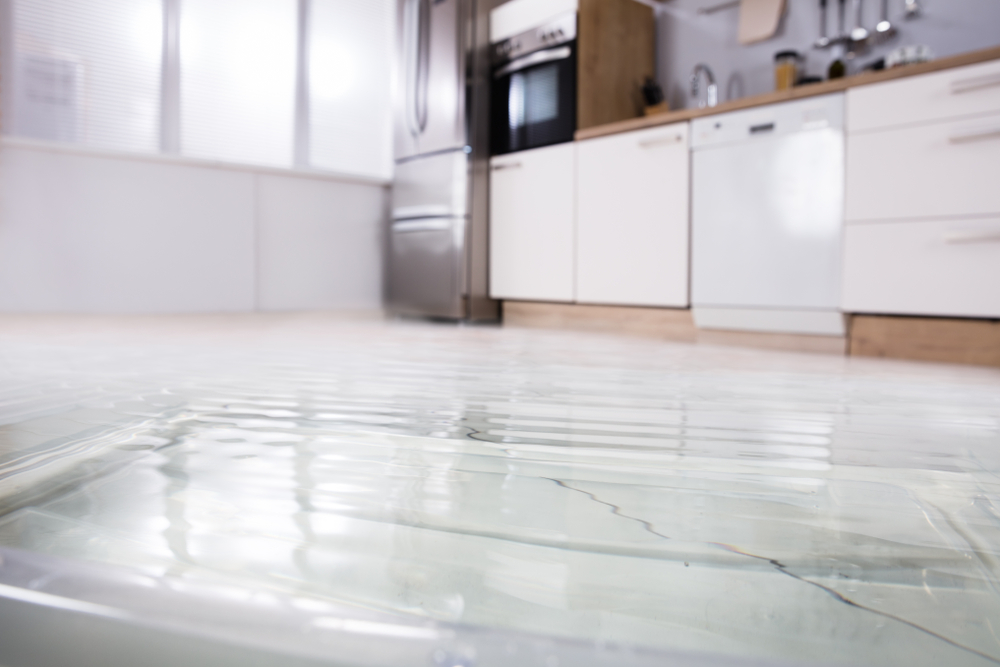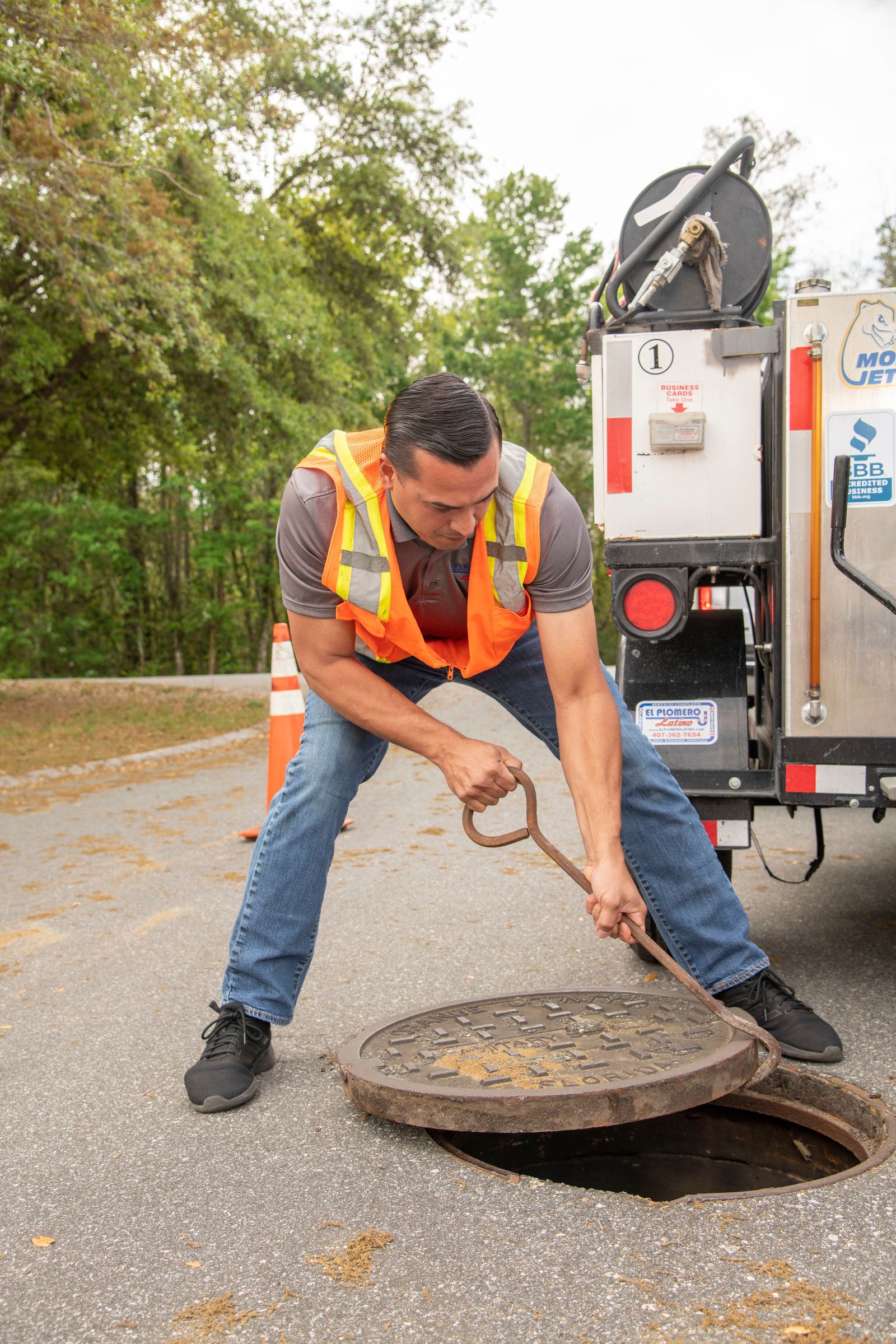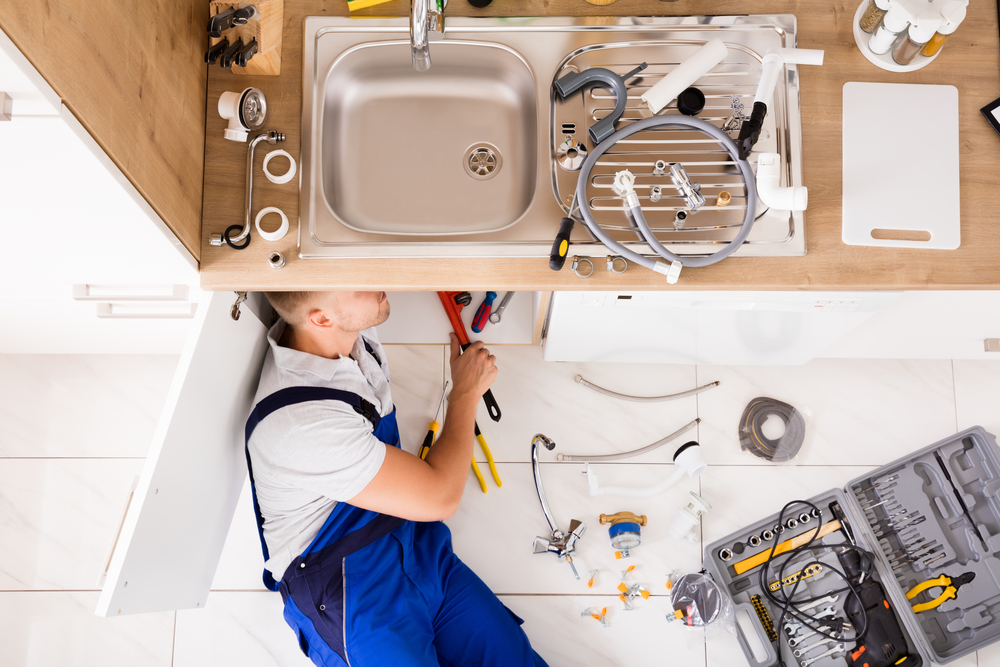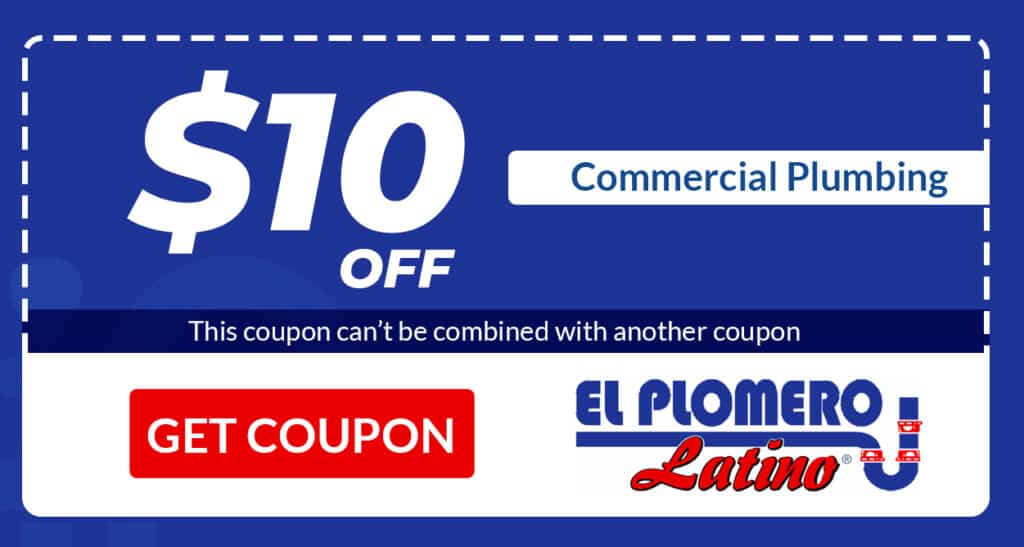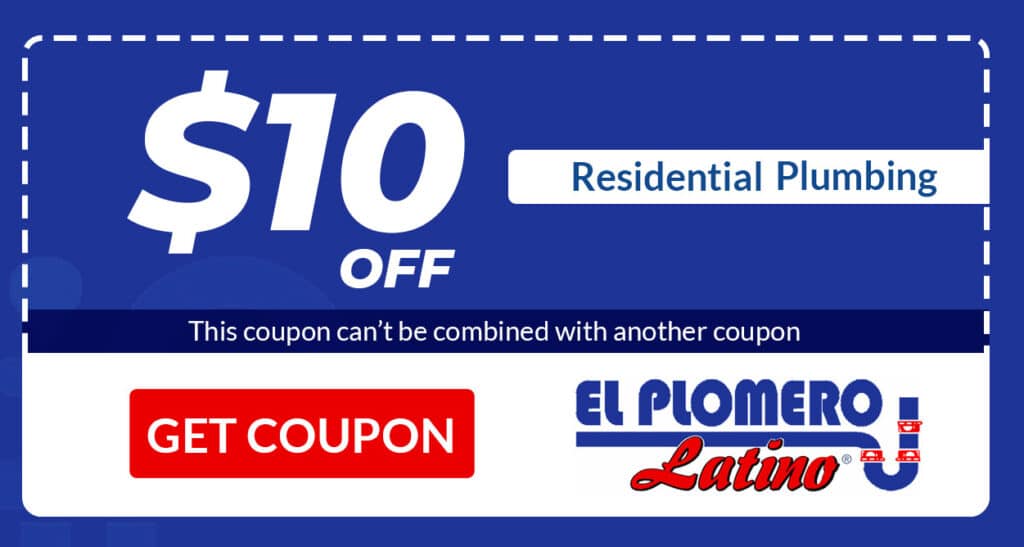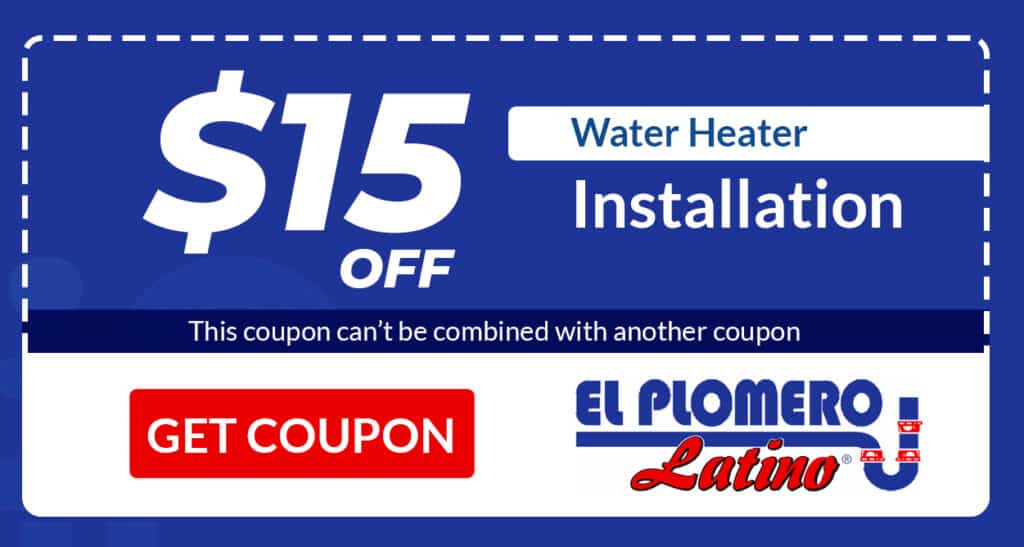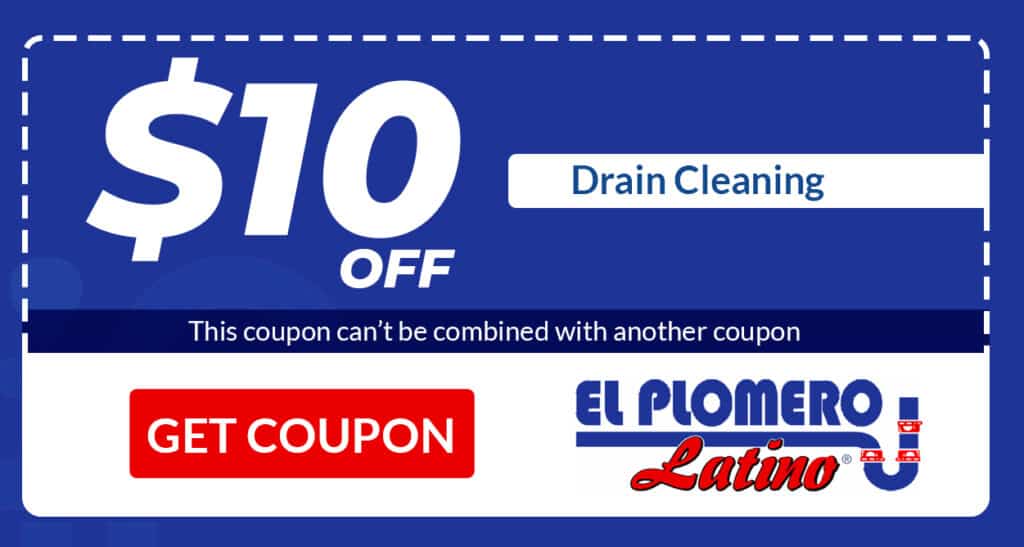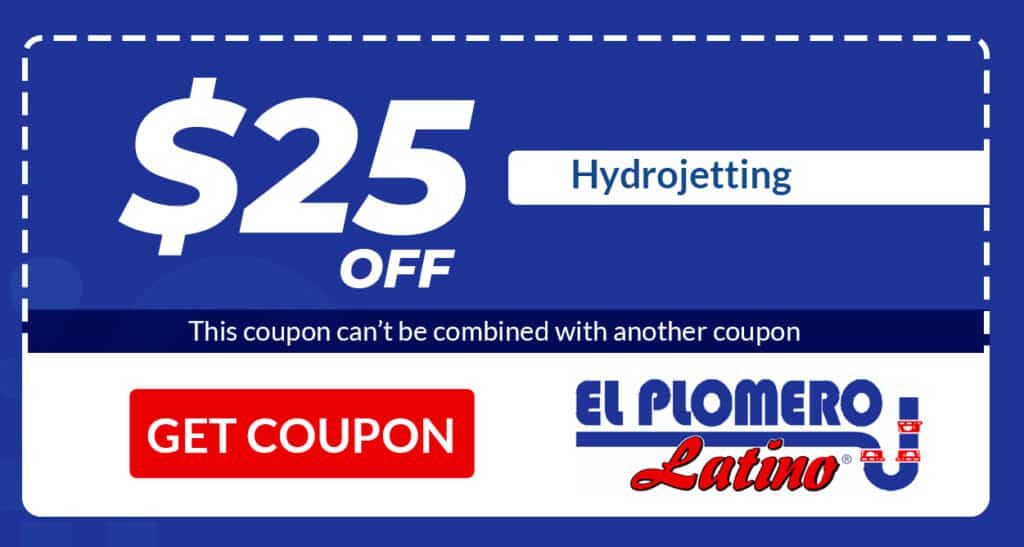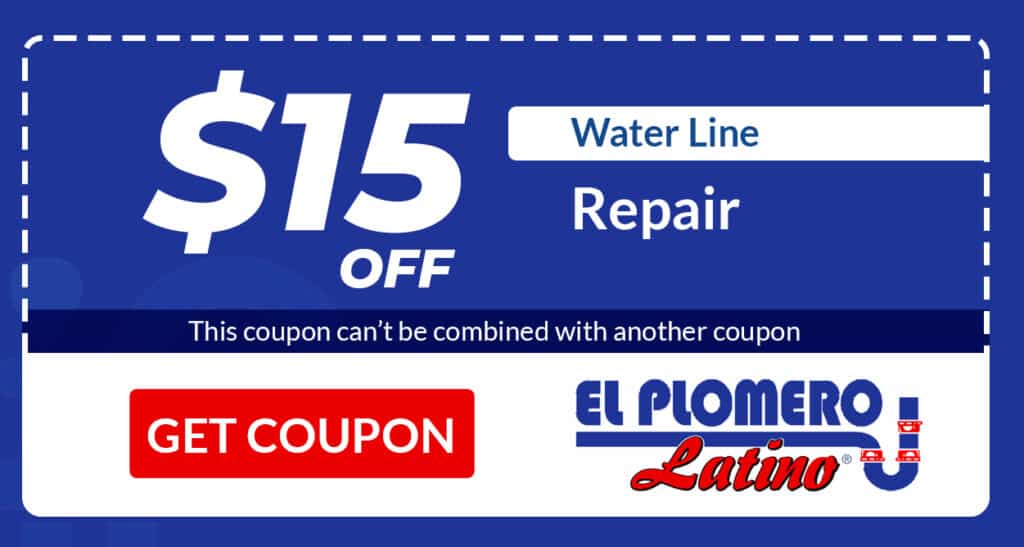Choosing the right water heater for your home is an important decision. Two main types dominate the market: traditional tank water heaters and tankless (on-demand) water heaters. Each has its own set of advantages and disadvantages, and the best choice for you depends on your specific needs and circumstances. El Plomero Latino, serving Orange, Osceola, and Seminole Counties, is here to help you understand the differences and determine if a tankless water heater is right for you.
How They Work:
- Traditional Tank Water Heaters: These systems store a large volume of hot water in a tank, constantly heating it to maintain a set temperature. When you need hot water, it’s drawn from the tank. The tank then refills and reheats.
- Tankless Water Heaters: These systems heat water only when you need it. When you turn on a hot water faucet or appliance, cold water flows through a heat exchanger, which is heated by gas or electricity. The water is heated instantly and delivered on demand.
Pros and Cons:
Here’s a breakdown of the pros and cons of each type:
Tankless Water Heaters:
Pros:
- Endless Hot Water: One of the biggest advantages is the continuous supply of hot water. You’ll never run out, even during simultaneous uses like showering and doing laundry.
- Energy Efficiency: Tankless heaters are generally more energy-efficient than traditional tanks, especially for households with moderate hot water usage. They eliminate the standby heat loss associated with constantly heating a large tank of water.
- Space Savings: Tankless units are much smaller than traditional tanks and can be mounted on a wall, freeing up valuable floor space.
- Longer Lifespan: Tankless water heaters typically last longer than traditional tanks, often 20 years or more, compared to 10-15 years for tank units.
Cons:
- Higher Upfront Cost: The initial purchase and installation cost of a tankless water heater is significantly higher than a traditional tank.
- Flow Rate Limitations: Tankless units have a maximum flow rate, meaning they can only heat a certain amount of water per minute. If you try to use too many hot water appliances at once, the flow rate may not be sufficient, resulting in a drop in water temperature.
- Gas or Electrical Requirements: Gas tankless heaters require a dedicated gas line with sufficient capacity. Electric tankless heaters may require significant electrical upgrades.
- Potential Cold Water “Sandwich”: In some cases, there can be a brief delay before hot water arrives, resulting in a short burst of cold water known as a “cold water sandwich.”
Traditional Tank Water Heaters:
Pros:
- Lower Upfront Cost: The initial purchase and installation cost is considerably lower than a tankless system.
- Higher Flow Rate: Tank water heaters can generally handle higher flow rates, making them suitable for households with high hot water demand.
- Simpler Installation: Installation is typically simpler and less expensive compared to tankless systems.
Cons:
- Limited Hot Water Supply: Once the tank is empty, you have to wait for it to refill and reheat, which can take time.
- Standby Heat Loss: Tank water heaters constantly lose heat to the surrounding environment, requiring energy to maintain the water temperature, even when hot water isn’t being used.
- Shorter Lifespan: Compared to tankless units, traditional tanks have a shorter lifespan.
- Take Up More Space: These units require significant floor space for the tank.
Energy Efficiency and Cost Savings:
While tankless water heaters have a higher upfront cost, they can lead to long-term energy savings. The elimination of standby heat loss can result in significant energy savings, especially for households with moderate hot water usage. However, the actual savings will depend on factors such as:
- Household Size and Hot Water Usage: Larger households with high hot water demand may not see as significant savings with a tankless system.
- Fuel Type (Gas or Electric): The cost of gas or electricity in your area will affect the overall cost savings.
- Energy Factor (EF) Rating: This rating indicates the energy efficiency of the water heater. Look for higher EF ratings for greater energy savings.
Is a Tankless Water Heater Right for You?
Consider these factors when making your decision:
- Household Size and Hot Water Usage: If you have a large household with high hot water demand, a traditional tank might be more suitable. If you have a smaller household with moderate usage, a tankless system could be a good option.
- Budget: Consider the upfront cost of the system and installation, as well as the potential long-term energy savings.
- Space Constraints: If you’re limited on space, a tankless unit can be a great space-saving solution.
- Fuel Availability: Ensure you have access to a sufficient gas supply or the necessary electrical capacity for a tankless system.
El Plomero Latino: Your Water Heater Experts
Choosing the right water heater can be complex. El Plomero Latino, serving Orange, Osceola, and Seminole Counties, can help you assess your needs and determine the best option for your home. We offer professional installation and repair services for both traditional and tankless water heaters. Contact us today for a consultation! (407) 362-7654.

